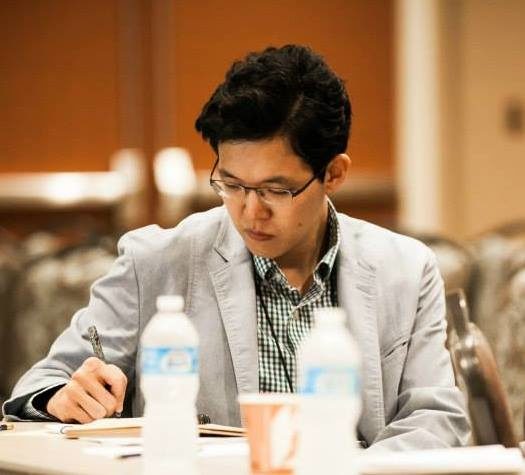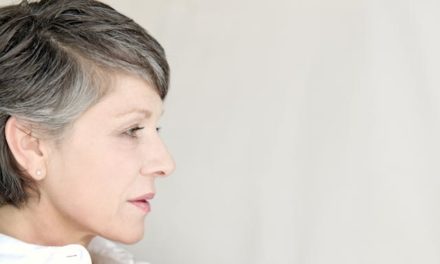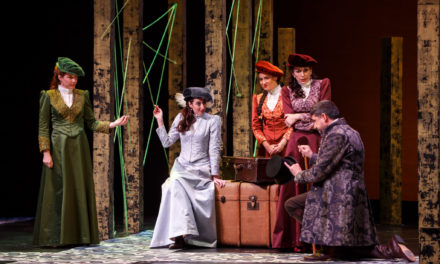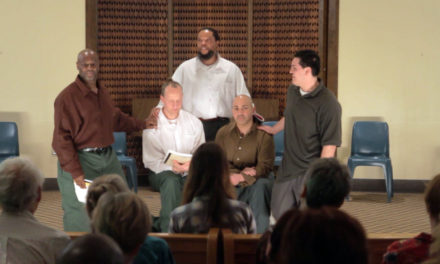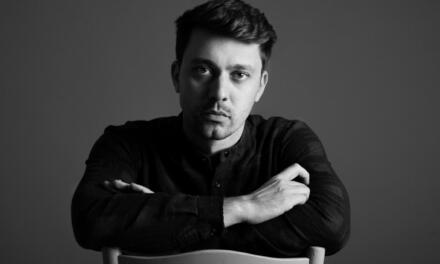Walter Byongsok Chon is an assistant professor of dramaturgy and theatre studies at Ithaca College. He served as dramaturg at the Yale Repertory Theatre, Yale School of Drama, the Eugene O’Neill Theater Center, the Great Plains Theater Conference, and the New York Musical Festival. This interview was conducted by Laura Esti Miller and was originally published in 2AM Theatre’s Spotlight series in 2013. In this interview, he discuss his perspective on dramaturgy and how it relates to real life.
How do you explain dramaturgy?
Dramaturgy is a creative practice that, through critical thinking, enhances the breadth and depth of artistic imagination. Dramaturgy is an integral process to the origination, development, production, and reception of plays and theatrical performances.
How does dramaturgy appear in your daily life? How does dramaturgy inform or relate to what you do?
In my daily life as a student of dramaturgy and dramatic criticism at the Yale School of Drama and as Artistic Coordinator at the Yale Repertory Theatre, dramaturgy is a training, a conscious artistic activity, and also a habit. I perform the function of a dramaturg in production meetings, in the rehearsal room, in the classroom, and in the theatre. Yet even outside of the environments that associate me with dramaturgy, the practice of dramaturgy keeps me sensitive to the surroundings, critical of and curious about social, cultural and political events, and in constant search of new projects and opportunities.
How did you come to dramaturgy?
I was a student in the MA program in Theatre Studies at Washington University in St. Louis when I was first introduced to dramaturgy. Initially, my objective was to become a theatre scholar. However, through various opportunities in acting, directing, and playwriting at WU, my interest expanded to the production aspect of theatre. Upon contemplating what I could do with my academic training, I arrived at dramaturgy and applied to the MFA program at Yale School of Drama.
Tell me about a few of your favorite stories, plays, movies, songs, etc. and why they are favorites.*
Books:
David Mamet’s Writing in Restaurants: This contemplative essay on being a writer made me feel as if I was the writer myself and, further, made me want to be such a writer. David Sedaris’ Sanatland Diaries: This essay made me realize how a trivial everyday experience could turn into a fascinating story. Herman Hesse’s Demian: All the actions and events in this novel touched me to the core, from childhood to adulthood, from innocence to experience, and from naiveté to maturity. Haruki Murakami’s Norwegian Wood: Haruki combines an epic scale story with a stream-of-consciousness narrative, and this subtle blending optimizes both entertainment and contemplation.
Plays:
Johann Ludwig Tieck’s Puss-in-Boots: The playfulness, the depth, the imagination, and the multiple theatrical layers of this play make me wonder “Could this play be staged?” And I imagine a different kind of staging every time I read it. Johann Wolfgang von Goethe’s Faust Part I and II: It starts with an allegorical setting but then expands to a cosmic scale. I would love to see it staged as a whole. Jean Genet’s The Balcony: In its exploration of the theatricality of human nature and politics, this play is both amusing and terrifying.
Movies:
The Prime of Miss Jean Brodie: Like Dead Poet’s Society, this movie seems to settle on the theme of carpe diem. But it goes further in exploring the danger of it, more widely engaging in politics and ideology, in addition to education.
The Matrix: The synthetic blending of science fiction, philosophy, mythical and biblical references, and top-notch cinematography makes a very intelligent entertainment (or entertaining intelligent discourse?)
Before Sunrise: This movie presents a beautiful look on youth, love, and traveling.
Serial Mom: Artistic mischievousness at its peak
Songs / Music:
Hans Zimmer’s score for Gladiator: This score is soothing yet still dynamic.
Michael Jackson’s “We’ve Had Enough”: A not well-known gem by Michael Jackson. This song starts as a ballad but gradually develops into a chant with a profound message. The melody, the beat, the voice, and the message create a great harmony.
Carole King’s “Beautiful”: This song is powerful, truthful, and positive, one that gives me strength.
Shinee’s “Lucifer”: A song by the Korean idol group Shinee. This addictive electronic dance song achieves the effect of an incantation.
TV:
The Wire: The most comprehensive depiction of the way of the world, from the underground (drug dealing) to the top tier (politics), and other related areas (education, journalism, and commerce).
Arrested Development: The highest form of irony and satire
Who/what inspires you?
Inspiration usually comes when I am in the theatre as an audience member. Sometimes watching a bad production gives me inspiration to create something good, or watching a good production gives me the inspiration to create something just as good, or better.
What is your dream project?
Building a theatre devoted to staging plays of German Romanticism (Goethe, Schiller, Tieck, Grabbe, Georg Büchner)
Enhancing exchange of theatre between America and Korea.
If you could choose a team of five collaborators, living or dead, who would you choose?
Liesl Tommy (Director), Elizabeth LeCompte (Director), Judith Malina (Director), Ivo Van Hove (Director), Elinor Fuchs (Theatre Scholar)
What are you working on right now?
My doctoral dissertation: “Behind Romantic Irony: How 18th-Century English Self-Reflective Satire Anticipated a New German Drama.”
What’s up next for you?
I will be contributing an article on Intercultural Dramaturgy to the forthcoming The Routledge Companion to Dramaturgy.
I will be teaching a dramaturgy workshop at the University of Nebraska at Omaha in May.
I will be participating in the MATC (Mid-America Theatre Conference) Conference in St. Louis, MO, in March and the ATHE (Association for Theatre in Higher Education) Conference in Orlando, FL, in August.
What advice would you like to impart to aspiring dramaturgs?
Keep exploring new roles you can fulfil as a dramaturg and a theatre artist
Keep exploring how your role as a dramaturg can serve the art and the society
Always bring a positive presence.
—
Thank you, Walter!
Read the original article by Laura Esti Miller at 2AMt. Reposted with permission.
Photo by Hanife Schulte
This post was written by the author in their personal capacity.The opinions expressed in this article are the author’s own and do not reflect the view of The Theatre Times, their staff or collaborators.
This post was written by Walter Byongsok Chon.
The views expressed here belong to the author and do not necessarily reflect our views and opinions.

